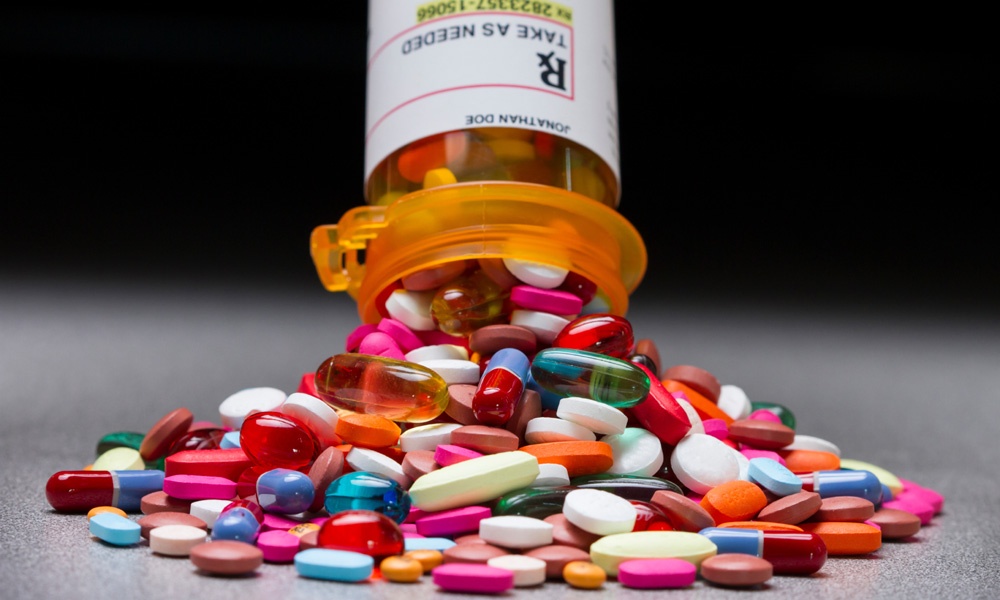
Which “Controlled Substances” Will I Be Penalized for If Found in Possession?
- Hanaford Law Offices
If you are convicted of drug possession, you will likely be penalized for all controlled substances the authorities can prove you possessed. That might not just mean the drugs the police found on you. It could also include other contraband substances prosecutors believe you controlled, bought, sold, manufactured, or trafficked, even if they do not charge you with or convict you of those offenses.
If you or a loved one has been accused, arrested, or charged by state or federal authorities in Florida with illegal possession of a controlled substance, you need an experienced criminal defense lawyer on your side immediately. Robert H. Hanaford and his team at the Law Office of Robert H. Hanaford can help.
What Is a Controlled Substance?
A controlled substance is a drug or chemical regulated by the government because of its potential for abuse. The definition of controlled substances includes:
Illegal drugs like cocaine, heroin, meth, LSD, amphetamines, and hallucinogens
Prescription drugs like Oxycontin, Vicodin, and Adderall
Certain chemicals and solvents used in manufacturing illegal drugs, such as pseudoephedrine for meth
In some states and situations, marijuana and its derivatives CBD and THC
The Drug Enforcement Administration (DEA) maintains a comprehensive and constantly updated list of the controlled substances and precursor chemicals regulated under federal law. All states also maintain lists of regulated controlled substances and chemicals under their laws, which sometimes differ from the DEA’s list.
What It Means to Illegally Possess a Controlled Substance
Under state and federal law, it is illegal to possess a controlled substance without a prescription or some other legal authority. Most people think of possession as holding something in your hand or pocket, and that’s accurate. However, criminal law also takes a broader view of what it means to possess a controlled substance
A person can be found guilty of possessing a controlled substance even if they were not physically holding it on their person when the authorities found it. The law says you can possess something simply by exercising dominion and control over it, which is known as constructive possession. So, for example, a prosecutor could potentially prove you possessed drugs when they were:
In the glove box or under a seat in your car or a car you were riding in
On a table or in a drawer in the place where you live or stay
Held by someone else on your behalf or at your direction
In your locker at work or a storage unit you paid for
In other words, you could be charged and convicted for possessing drugs you were not holding when you were arrested, and even drugs you never touched at all. If you had access to and control over the place or person on whom they were found, that can be enough.
Potential Penalties for Possession of Substances
If convicted of possession with intent to distribute, you could be penalized for all controlled substances involved in your distribution plan or enterprise. Similarly, if you were found in possession of immediate precursors, you could be penalized for the quantity of drugs you could make with them, even if you never actually did so.
Additionally, Florida and federal courts allow judges to consider drug crimes you were not charged with in deciding what your sentence should be. For instance, even if you were only convicted of possessing five Oxycontin pills found in your pocket, a judge could decide to increase your penalties because the police also discovered 50 more pills between your car seats, so long as the judge believes you probably possessed them too.
When judges take all of those factors into account, the results can be harsh. A person convicted of possession may face steep fines and years in prison. They can suffer other significant financial or life consequences, such as job loss, family trouble, or loss of immigration status.
Contact a Skilled Florida Criminal Defense Lawyer Today
A skilled criminal defense lawyer like Attorney Robert H. Hanaford can take steps to protect you against a conviction or to limit its potential consequences. The Law Office of Robert H. Hanaford can often negotiate a reduced sentence or alternative disposition that spares our clients from some of the harshest outcomes.
Your rights and future are at risk after authorities find you in possession of controlled substances in Florida. To protect yourself from potentially significant penalties, you need an experienced criminal defense attorney working on your behalf immediately. Contact us online or by phone at (239) 315-9750.
